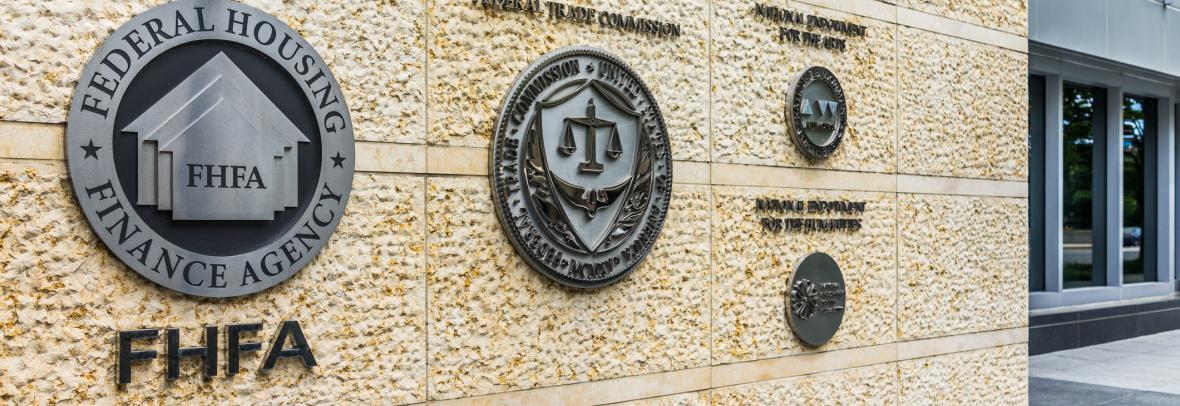
Government-owned Fannie Mae and Freddie Mac must be reformed, yet if done badly, it could threaten the U.S. housing market and possibly make 30-year mortgages obsolete. But a Senate Banking Committee member issued “guiding principles” that have been backed by NAR.
WASHINGTON – Due to troubles created by the Great Recession, Fannie Mae and Freddie Mac are under government control, a situation Congress has been trying to correct.
While homebuyers and sellers don’t deal directly with Fannie and Freddie, they have an oversized impact on the real estate market because mortgage lenders must follow their lending rules if they hope to sell their existing mortgages and use the money to fund newer mortgages. Any breakdown in that system could have long-term impacts that affect Americans, including – in one scenario – the loss of longer-term funding, such as the 30-year mortgage.
With those challenges in mind, U.S. Senate Banking Committee Ranking Member Pat Toomey (R-Pa.) released a set of guiding principles for housing finance reform. In the proposal, Toomey set a framework for legislation to end the government sponsored enterprise (GSE) duopoly while also protecting taxpayers and promoting equitable access for all lenders.
“The housing finance system remains in urgent need of reform,” says Toomey. “The current system exposes taxpayers to risk of future bailouts, fosters excessive risk taking, and crowds out private capital. I hope my colleagues, the administration, and all interested stakeholders will join me in working to implement these responsible reforms to prevent yet another financial crisis.”
After Toomey released his proposal, the National Association of Realtors® (NAR) issued a statement backing his guiding principles.
“The GSEs now support nearly 80% of the U.S. residential market, and it is more important than ever that Fannie and Freddie’s transition from conservatorship be developed collaboratively and deliberately,” says NAR President Charlie Oppler. “While some points of disagreement remain, we look forward to working with Sen. Toomey and policymakers from both sides of the aisle as these conversations progress over coming months.”
NAR proposed its own utility model for Fannie and Freddie reform in 2019, arguing its designation would balance the need to protect taxpayers while allowing Fannie Mae and Freddie Mac to take advantage of innovation in the private market. It expanded on that proposal during an event held this January
Toomey’s principles for housing finance reform legislation
- Transition Fannie and Freddie toward a competitive secondary market
- End government’s conservatorships of Fannie and Freddie
- Establish a level playing field for other sources of private capital that bear mortgage credit risk
- Foster a liquid secondary mortgage market that promotes the continued availability of affordable 30-year and other long-term, fixed-rate mortgage loans throughout the economic cycle
- Protect taxpayers by ensuring that significant first-loss private capital stands in front of any government support, and that taxpayers are appropriately compensated for that support
- Promote equitable access to the secondary mortgage market by mortgage lenders of all sizes, business models, charter types and locations
- Provide for a smooth transition to the reformed housing finance system by ensuring that reforms are incremental and realistic
Oppler believes that Fannie and Freddie can minimize future risks and keep costs down if they can be transitioned into “mortgage market utilities.”
“Many industry experts have noted that the (Fannie Mae and Freddie Mac’s) somewhat conflicting role as ‘shareholder-held’ and ‘congressionally-chartered’ entities make them perfectly suited for the ‘utility’ designation,” Oppler says.
© 2021 Florida Realtors
Go to Source
Author: marlam



